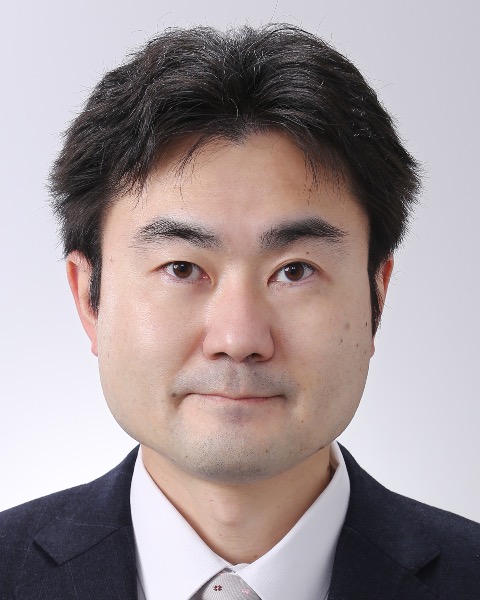2025 AOCS Annual Meeting & Expo.
Phospholipid
General Phospholipid
Molecular mechanism of ABCB4-mediated phospholipid efflux from hepatocytes into bile
Tuesday, April 29, 2025
8:35 AM - 8:55 AM PST
Room: B114

Shin-Ya Morita, PhD (he/him/his)
Professor
Shiga University of Medical Science
Otsu, Shiga, Japan
Presenting Author(s)
Abstract:
On the canalicular membranes of hepatocytes, ATP-binding cassette transporter B4 (ABCB4) plays an essential role in the efflux of phospholipids into bile. The biliary phospholipids are important for the protection of hepatocytes from the cytotoxicity of bile salts. ABCB4 mutations lead to several liver diseases including intrahepatic cholestasis, cholelithiasis, and cholangiocarcinoma. We have previously demonstrated that, in the presence of bile salts, ABCB4 mediates the efflux of cellular phospholipids, preferentially phosphatidylcholine (PC). In this study, we aimed to understand the molecular mechanism of ABCB4-mediated phospholipid efflux. In mice, the biliary secretion of PC was significantly enhanced by the intravenous infusions of bile salts, especially taurohyodeoxycholate. On the other hand, in Abcb4 knockout mice, the biliary PC secretion was extremely low and not increased by bile salt infusions. In addition, compared with other bile salts, taurohyodeoxycholate much more strongly enhanced the PC efflux from ABCB4-expressing HEK293 cells. By light scattering measurements, we showed that taurohyodeoxycholate has a remarkable ability to form mixed micelles with PC, suggesting that the mixed micelle formation abilities of bile salts are associated with the enhancement of ABCB4-mediated PC efflux. Next, we investigated the role of N-glycosylation of ABCB4 in the phospholipid efflux. Noteworthy, the bile salt-stimulated PC efflux mediated by N-glycosylation-deficient mutant ABCB4 was higher than that mediated by wild-type ABCB4, suggesting that the N-glycan chain suppresses the PC efflux by limiting the access of bile salt molecules to ABCB4 due to steric hindrance. Based on these findings, the formation of bile salt/phospholipid mixed micelles may be a critical step for the ABCB4-mediated efflux of phospholipids.
On the canalicular membranes of hepatocytes, ATP-binding cassette transporter B4 (ABCB4) plays an essential role in the efflux of phospholipids into bile. The biliary phospholipids are important for the protection of hepatocytes from the cytotoxicity of bile salts. ABCB4 mutations lead to several liver diseases including intrahepatic cholestasis, cholelithiasis, and cholangiocarcinoma. We have previously demonstrated that, in the presence of bile salts, ABCB4 mediates the efflux of cellular phospholipids, preferentially phosphatidylcholine (PC). In this study, we aimed to understand the molecular mechanism of ABCB4-mediated phospholipid efflux. In mice, the biliary secretion of PC was significantly enhanced by the intravenous infusions of bile salts, especially taurohyodeoxycholate. On the other hand, in Abcb4 knockout mice, the biliary PC secretion was extremely low and not increased by bile salt infusions. In addition, compared with other bile salts, taurohyodeoxycholate much more strongly enhanced the PC efflux from ABCB4-expressing HEK293 cells. By light scattering measurements, we showed that taurohyodeoxycholate has a remarkable ability to form mixed micelles with PC, suggesting that the mixed micelle formation abilities of bile salts are associated with the enhancement of ABCB4-mediated PC efflux. Next, we investigated the role of N-glycosylation of ABCB4 in the phospholipid efflux. Noteworthy, the bile salt-stimulated PC efflux mediated by N-glycosylation-deficient mutant ABCB4 was higher than that mediated by wild-type ABCB4, suggesting that the N-glycan chain suppresses the PC efflux by limiting the access of bile salt molecules to ABCB4 due to steric hindrance. Based on these findings, the formation of bile salt/phospholipid mixed micelles may be a critical step for the ABCB4-mediated efflux of phospholipids.

.png)